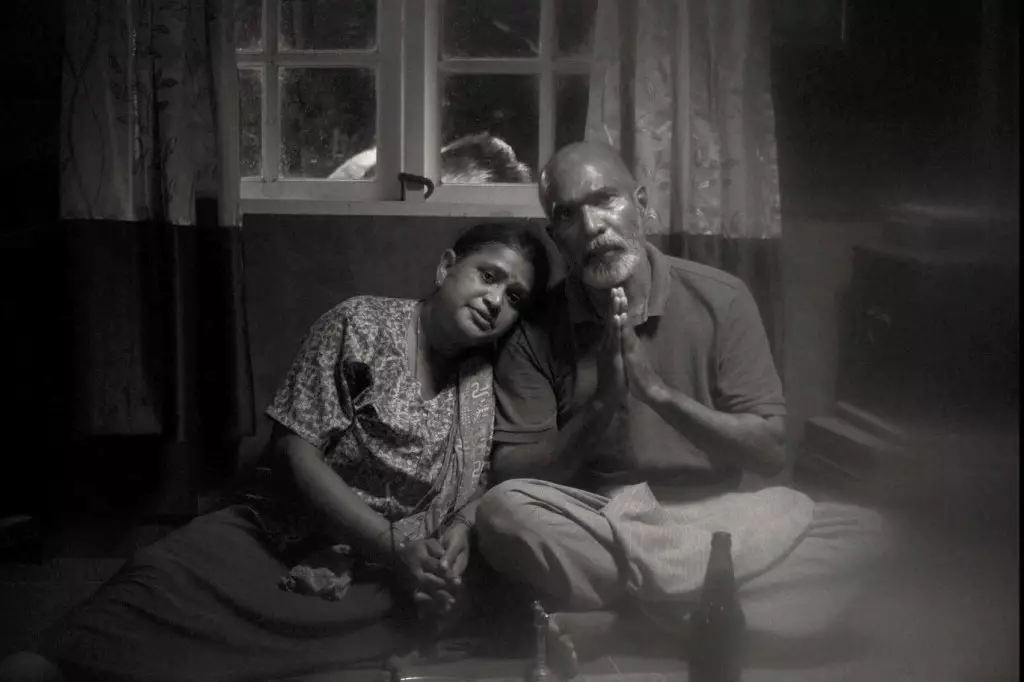The realm of film festivals is often dominated by Western narratives and mainstream cinema, which makes the inclusion of Malaysian short film “Bleat!” at the prestigious Cannes Film Festival a significant milestone. Directed by Ananth Subramaniam, this 15-minute film has not only clinched a spot in the Cannes Critics Week but is also a herald of fresh storytelling from Malaysia. As one of the few Malaysian films to grace the Cannes stage, the significance of “Bleat!” extends beyond mere entertainment; it symbolizes the rich tapestry of cultural experiences waiting to be unveiled.
Cinematography often serves as a mirror reflecting societal norms, values, and struggles. “Bleat!” encapsulates these elements through its poignant narrative of an elderly Malaysian-Tamil couple faced with a moral quandary involving their pregnant goat, destined for ceremonial slaughter. This intricately woven tale positions itself at the crossroads of tradition and modernity, inviting the audience to ponder the dichotomies of faith and community expectations, which are particularly resonant in a multicultural society like Malaysia.
The Weight of Tradition versus Personal Morality
At its core, “Bleat!” wrestles with the theme of individual morality against the backdrop of societal expectations. The couple’s turmoil reflects the inner conflict many individuals experience when tradition demands conformity at the expense of personal belief. This theme resonates deeply in a multicultural society, where minorities often grapple with the pressures to conform while also striving for individual expression. The goat doesn’t just represent an animal within the narrative; it symbolizes the idea of independence and desire that disrupts the status quo—a narrative arc that deeply resonates in contemporary discussions on culture and identity.
Subramaniam’s previous works, characterized by their infusion of Tamil culture, further position him as a formidable voice for minority narratives. “Bleat!” not only showcases his storytelling prowess but also serves as a vital vehicle for exploring Tamil identity within the Malaysian context. As a co-founder of Idio Sync, Subramaniam aims to elevate underrepresented voices, thus contributing to the budding film industry in Malaysia.
International Acclaim and Future Prospects
The involvement of esteemed production companies—ranging from Sixtymac Pictures to French firm DW Productions—speaks to the film’s potential for international impact. With “Bleat!” being only the fifth film from Malaysia to play at Cannes, this collaboration enhances the film’s profile, allowing it to resonate with diverse audiences across borders. The quote from Hors du Bocal, describing the film as “one of the most original, funny, and absurd films” highlights its potential to break genre conventions, offering a refreshing take on cultural storytelling.
Subramaniam’s aspirations don’t end with “Bleat!” His ongoing project, “The Passport,” which recently garnered the Bucheon Award at Korea’s BiFan NAFF Project Market, showcases his drive to explore intricate narratives rooted in Tamil culture. Such commitment to crafting meaningful cinema is essential, as it not only enriches the film landscape in Malaysia but also inspires future filmmakers to embrace and share their unique stories.
The spotlight on “Bleat!” at Cannes is a clarion call for more diverse storytelling within the cinematic canon. It invites audiences to engage with narratives that challenge societal norms and provoke thought, positioning Malaysian cinema at the forefront of the global film dialogue. As we await its full premiere, one thing is certain: “Bleat!” is more than a film; it is a celebration of identity, a challenge to the status quo, and a testament to the power of independent storytelling.


Leave a Reply